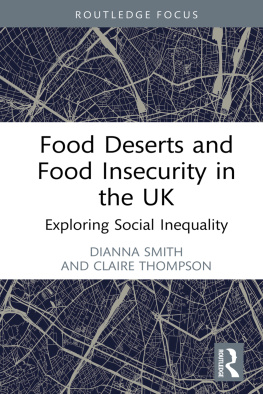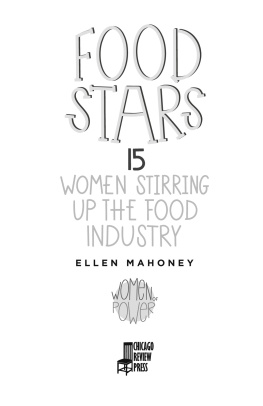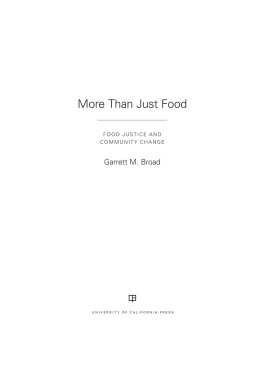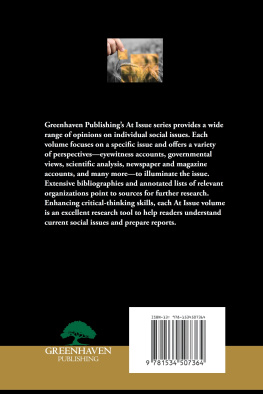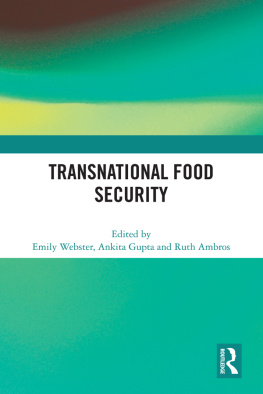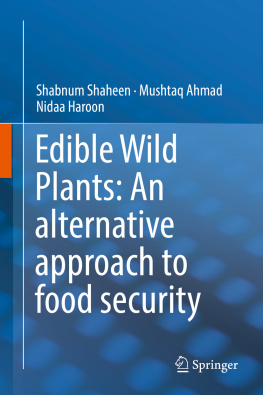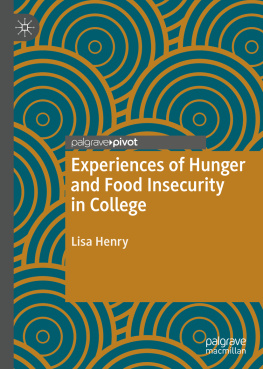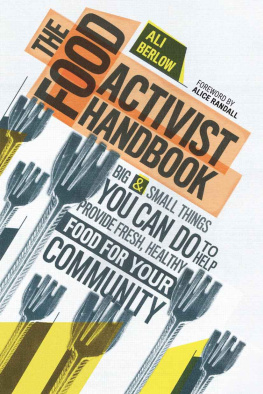Acknowledgements
CT is funded by the National Institute for Health Research (NIHR) Applied Research Collaboration East of England.
Some work reported in this book was funded by NIHR ARC Wessex and consultancy projects for DS.
The views expressed are those of the author(s) and not necessarily those of the NIHR or the Department of Health and Social Care.
1 The complexities and challenges of researching hunger in wealthier countries
DOI: 10.4324/9781003184560-1
Hunger in wealthy countries
The level of income inequality in the US and UK is well documented and is linked to poorer health outcomes in both countries (). Low income contributes substantially to household food security in wealthier countries, through a variety of direct and indirect mechanisms.
The last few decades have chronicled a rise in challenges around food in wealthier countries (by which we mean high-income countries, as described by the World Bank ().
It is widely agreed that food insecurity is difficult to measure, where it is measured at all, and that it is typically underestimated and under-reported. The most recent data from the UK, which asked respondents to comment on the last 30 days, suggests that 8% of UK households were food insecure in 2020 ().
These data are based on surveys, meaning that only a sample of the wider population are asked. Of that sample, not everyone will respond and, of those that do, not all will interpret the questions in the way the researchers intended. Therefore, while acting as a useful barometer, these data are unlikely to convey the true number of people who are struggling to feed themselves and their families well, rather than scraping together lower quality diets.
Food waste and surplus
As we will see, the typical support given to people who are food insecure are food parcels provided by the food aid sector, normally from food banks or similar services. The source of this food is often surplus donations by manufacturers or supermarkets where items are mislabelled or in excess of what can be sold. Other sources include donations from the public to food banks, either of ambient goods or cash that can be used to purchase food to distribute. These mechanisms of sourcing and redistributing surplus food are usually framed as a way of reducing food waste because the waste is given to people who cannot afford to buy enough food for themselves and their families. Unsurprisingly, this framing has attracted much criticism, not least because it is a poor substitute for government action on inequality to raise living standards for the poorest households and guarantee a right to food ().
Supermarkets generate excessive and rising amounts of food waste and donating some of it to redistribution charities is both a way of trying to reduce that waste and a means of demonstrating corporate social responsibility (), rather than the unequal distribution of wealth and resources. Added to which, food waste is an important issue in its own right (Ibid).
The (re)distribution of surplus food can be understood in terms of pragmatic responses to symptoms of structural inequalities. Food waste and food aid charities readily state that their work is not an adequate or even desirable response to food insecurity. However, it is often the only response on offer. Food aid provides structures and mechanisms through which multiple actors and sectors can collaborate to address food insecurity.
Food as poverty relief
Rising levels of hunger and the growth of the food aid sector, especially food banks, have been linked to cuts in public spending and welfare reform (). As the state has retreated and support for the vulnerable and marginalised has diminished, food banks have expanded to try and fill the gap. Primarily, this has been by providing food as a form of poverty relief.
However, it has not been enough to stem the tide. Inequality and poverty continue to rise in wealthier countries and while food banks have an important role in providing immediate relief for severe (food) deprivation, they have little capacity to improve overall food insecurity outcomes due to the limited availability and provision of nutritious foods ().
Twenty years ago, when food banks had only just started to appear in the UK, Graham Riches cautioned against an uncritical drift towards their institutionalisation, which would allow the government to rely on them as providers of residual last resort support for those failed by the welfare state (). And yet, this is exactly what has happened.
Our approach: what this book does
As outlined above, hunger and inequality in wealthier countries, like the UK, is inherently political. The de facto response, food banks, is controversial and problematic. Added to which, food insecurity and food poverty are contested and problematic terms. They are symptomatic of severe economic and social inequalities and represent only part of the varied aspects of contemporary experiences of poverty and marginalisation. These issues are the subject of important debates and significant research undertakings across a range of disciplines, many of which are referenced in this book. Our aim, however, is not to further these debates. As they continue to unfold and develop in the academic, public, and policy spheres, the day-to-day necessity of mapping, understanding, and responding to food insecurity at the local level remains. That is not to say that local-level research is not informed by these developments, and vice versa. Nevertheless, professionals, volunteers, community groups, and the academics who collaborate with them have to bridge the gap between the national and the local and work with and around the moral contradictions and challenges that community-based research on food insecurity entails. Our aim is to contribute to those efforts by focusing on the concepts, debates, and methods that inform them. Our focus is the UK, but we make frequent reference and comparison to North America to contextualise.
In summary
: explains the concept of food deserts and charts the development of food deserts research in the UK and North America. It tackles the topics of access and affordability and sets out how they can be measured.
: reviews the emergence and development of food poverty (and food insecurity) as a topic of research in the UK. While policy attention around the issue in the US can be traced back to the 1930s, it is only in the last decade that it has been the subject of widespread debate in the UK.
: presents a conceptual framework to support applied research. We explore key drivers of food insecurity through the lens of the social determinants of health and go on to examine the local resources and interventions that enable coordinated and potentially effective efforts to mitigate it.
: outlines differing research methodologies in practice, through exemplar studies of food access and food insecurity. We argue for research that brings together quantitative and qualitative methods and set out a process that can be followed to study the drivers and scale of food insecurity at the local level.
: concludes with a call to extend the well-rehearsed analyses of areas as food deserts and individuals as experiencing food insecurity. We then reflect on emerging debates and directions for research and policy.
Key terms
As we outline and discuss the available research in the wider topic of food insecurity, it is helpful to start by defining key terms we use throughout this book.
- Conceptual frameworks: these are used to illustrate relationships between outcomes and factors which may influence these outcomes (). Here we develop one to support research, but they are also useful for intervention planning to consider which population groups to target with an activity.

